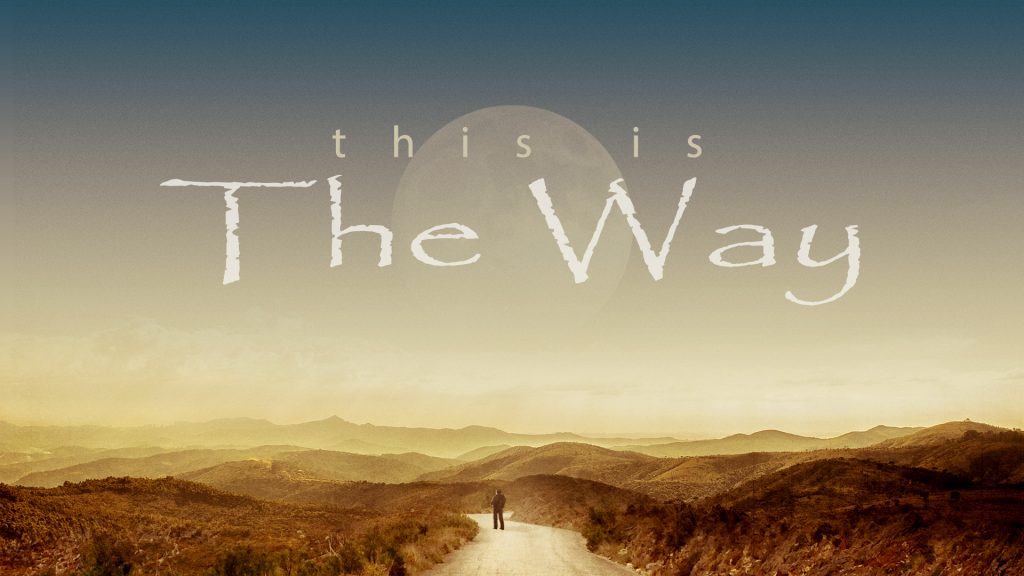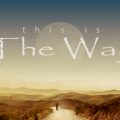
Have you ever noticed how hard, crazy hard, it is to change your habits and life? It’s February, how are you doing on your New Years’ resolutions? Why do you think that no matter how much you want to change, no matter how beneficial the change would be, we almost always fail or come up critically short? Patterns and habits of life (even dysfunctional and addictive) are burned into our brains making them almost impossible sometimes for us to change by ourselves.
SPOILER ALERT – there are limits to human resolve. But in all fairness, we are designed (by God) that way. NO, I’m not saying that God doomed us to failure so we shouldn’t even try. The problem is that we often go about it the wrong way. God has designed a different way. A way that works for how He made us and how we best grow and flourish. However, I’m not saying that we’ll always like the way but I can guarantee you will love the results.
The Need for Community
God created us in His image as relational beings just as he is the embodiment of the three persons of the trinity in perfect fellowship. (Gen 1:27) He created us specifically to have a relationship with Him and even made provision for His Spirit to live relationally within us (Revelation 3:20). But He also created us to have enriching relationships with other humans. Everything about the Christian faith is relationship and, as a matter of fact, we thrive and mature best in community. Being a “lone ranger” doesn’t earn you any brownie points. I wouldn’t be surprised when we’re standing before the throne to hear Him ask many of us, “Why did you try to do it on your own? I sent people to help you.” It’s like leaving cash on the table at the end of the game.
Spiritual community focuses on the dynamics of life lived together, with the Holy Spirit as the essential source of spiritual and moral health, growth, and maturity. The fullness of our humanity can only be realized in the context of community. Most of us know the value of having a coach, a trainer, or a public weigh-in but few of us incorporate the relational dynamic when it comes to our spiritual growth and our discipleship. Why is that?
I think part of the issue is that we come to faith as individuals and that there are no intermediaries necessary in our relationship with God (God only has children, no grand-children, no nephews or nieces). But we grow and mature best within the relationships of a Biblical community. Life in Christ is not meant to be individualistic or solitary (Western culture nurtures that thinking) but rather shared and collective.
42 And they devoted themselves to the apostles’ teaching and the fellowship, to the breaking of bread and the prayers.
Acts 2:42–47 (ESV)
43 And awe came upon every soul, and many wonders and signs were being done through the apostles.
44 And all who believed were together and had all things in common.
45 And they were selling their possessions and belongings and distributing the proceeds to all, as any had need.
46 And day by day, attending the temple together and breaking bread in their homes, they received their food with glad and generous hearts,
47 praising God and having favor with all the people. And the Lord added to their number day by day those who were being saved.
The life with Christ is both personal and social; it is both dependent on the Holy Spirit and engaged in this world. It melds personal holiness and social holiness as well as devotion to Christ and service to others. This reflects that we are created for relationship with God and with one another. The Scriptures are unique in their story of God as a covenant maker and keeper. When we enter the new covenant through the blood of Christ (Jeremiah 31:31-33, Luke 22:20), we also become members of a new community of faith, the family of God (John 17:22-26). We can see this is Jesus’ encapsulation of the all the law when he said to love God with everything we are and to love our neighbors as ourselves (Mark 12:30-31) and then said the clearest expression of our love of God is our love of others (1 John 4:7, 11, 20-21). In effect, Jesus is saying, “If you love me, you will love the people I love.” And there is no human that doesn’t come under that umbrella of love.
The devastating consequences of the Fall (Genesis 3) were humanity’s fourfold alienation (from God, ourselves, others, and creation). For those of us in Christ, a significant healing has begun on each of these levels when we confess our sin and turn our lives over to the lordship of Christ. But it will not be complete until the final redemption (Romans 8:19-23). This means that we are living in the middle of the all-ready-but-not-yet Kingdom of God, inaugurated but not consummated. We who have been made new in Christ (2 Corinthians 5:17) and are to live as a community to reveal a glimpse of the Kingdom yet to come (Revelation 7:9-12), by expressing the shalom of the Living God (peace, love, unity, harmony) to a fallen decaying world.
The Community / Discipleship Connection
So what’s the connection between our need for community and the last two days focusing on how we process and respond to God’s Word? It is pretty simple to describe but hard to implement. On Day 9 we discovered our need of the Holy Spirit to illuminate the Scriptures and to help us understand and apply them to our life. It is important to realize that sometimes the Holy Spirit speaks to us through godly friends who love us and God, and are not afraid to speak truth to us in love.
The community of faith also serves us by providing personal and group accountability. Each of those relationships is a valuable resource that can examine, evaluate, encourage, equip, and exhort us in right living and implementing change. We can finish this race of life well only with the support and wisdom of other growing Christ-followers. They encourage us to greater intimacy with Christ, provide the accountability to be faithful to the disciplines that support life change, lovingly/courageously call out our sin and folly, illuminate our blind spots, and help us develop our purpose and calling.
And they devoted themselves to the apostles’ teaching and the fellowship, to the breaking of bread and the prayers. – This is The Way
Acts 2:42 (ESV)
Application – QUESTIONS TO Answer
- Who helps you hear from God? It’s OK if some of them only speak through the pages of their writings but make sure you have some that are living that you can talk with face-to-face.
- Who do you share your dreams, your life goals, your growth plan with? Do you give them periodic updates? Are you honest with your assessments of progress or completion? Do you give them permission to ask the tough questions and push back on your opinion? Can you submit to their authority? Are you OK with a wound from a friend so that healing, change, and growth might happen? Can you trust them, their love for you, and their wisdom? If you don’t have someone like that who could you ask or where could you look for someone like that?
PRAY
Wrap up this section of the devotional by combining the Scriptures that we’ve focused on the last two days and your answers to the questions into a prayer. I’m pretty confident that He has been talking to you already so pray it back to Him – what you learned, what you decided, what you committed to, what you need his help with. Then, when you are done, make sure you wait silently, patiently, expectantly for God to speak to you. You might want to have a pad and pen handy to jot notes.

0 Comments